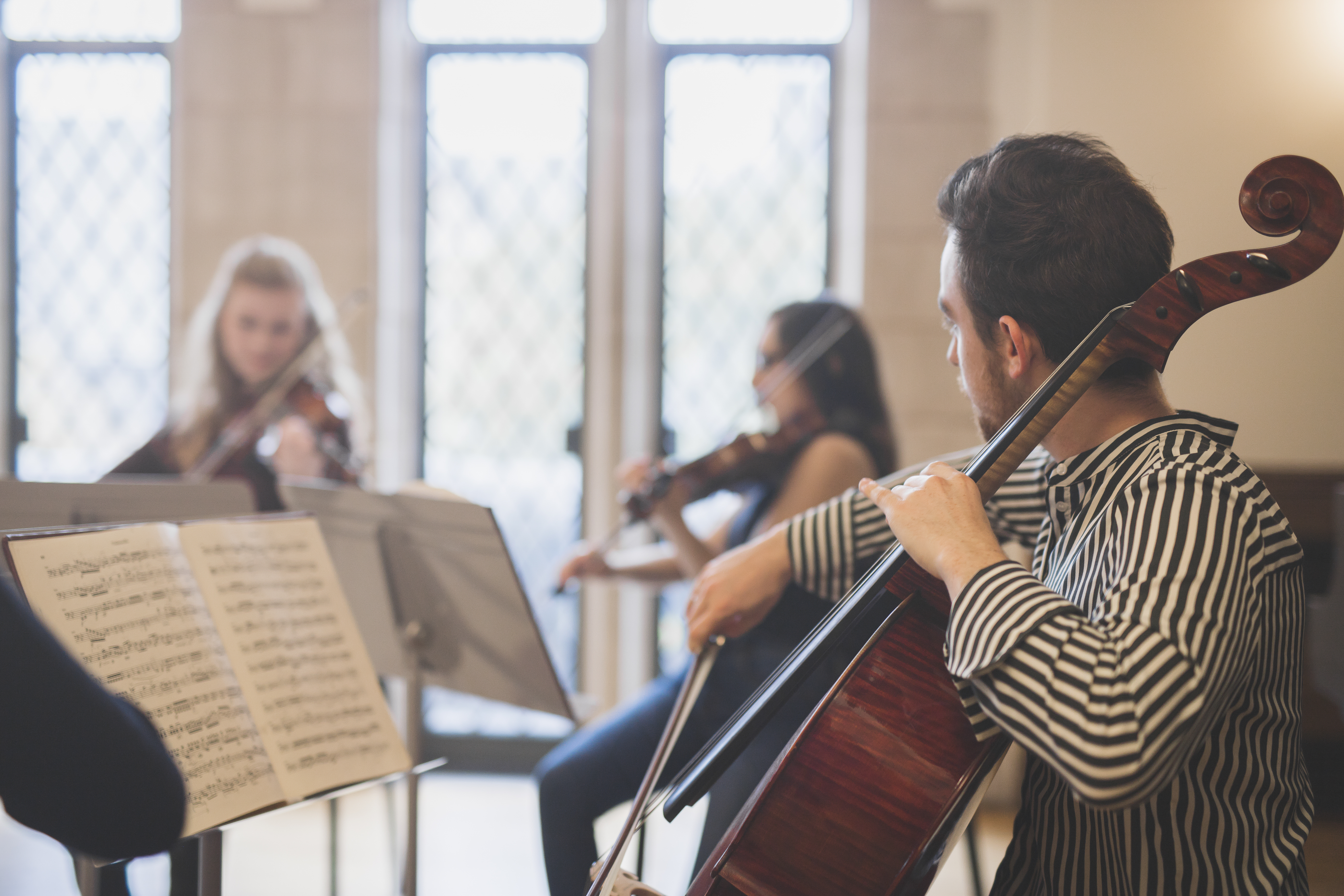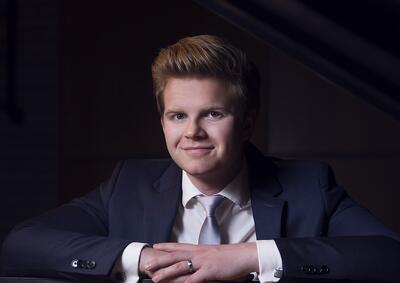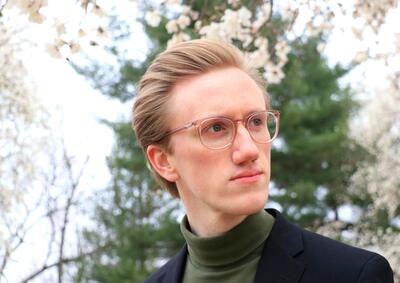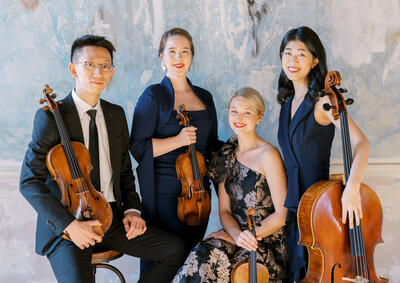The importance of providing mental-health support to music students
The study of music can trigger intense pressure, both external and self-imposed. An ascendant artist’s own expectations of achievement and the incredibly competitive nature of the field can fuel anxiety and self-doubt. This has always been the case. And it’s getting worse, in part as a result of the effects smartphones have had on mental health, and, more recently, the COVID-19 pandemic, which forced us all online and away from one another. The “perfect storm” of these circumstances, as Arielle Rubenstein, Ph.D., has described it, recently prompted the School of Music to offer students on-site therapeutic support.
Dr. Rubenstein, a clinical psychologist, is the School’s first-ever embedded mental-health counselor. Her work here began at the start of the fall semester as part of a University-wide effort to more adequately address students’ emotional struggles. In addition to her professional expertise, Dr. Rubenstein has been a lifelong choral singer and has worked as a cantorial soloist. She’s experienced both stage fright and impostor syndrome in those contexts and can understand and appreciate the stressors that many students are feeling.
“It’s very exposing to audition and to perform and to be constantly evaluated,” she said with the School of Music’s graduate-professional students in mind. Many of those students, Dr. Rubenstein said, “know that they’re suffering but only access services in the moment.” That’s in part because they’ve long known the pressure that’s endemic to the field and have driven themselves to push through the pain with an eye on accomplishment. Somewhat counterintuitively, some can be driven to achieve while harboring a fear of the very achievement they work so diligently to realize, and that can be as debilitating and damaging to one’s self-worth as the pressure to succeed. “If we have ambivalence about the goal,” Dr. Rubenstein said, “we haven’t been allowed to think about it,” lest we question our abilities and motivations. What’s more, she said, students won’t abide the friction of following through with a therapist.
Graduate school, Dr. Rubenstein further explained, is “in many ways a recapitulation of an earlier environment”—the early childhood environments that inform who we are and develop into. Dr. Rubenstein, who trained at Harvard College and the City University of New York and completed postdoctoral work at the VA Connecticut Healthcare System and the Yale Medical School, specializes in helping people “unearth and understand” early life influences and giving individuals “a chance to rework all of that in a relationship with a therapist.” The pressures facing students, though, don’t end with adverse impacts internalized during early childhood or those that come with pursuing a career in what can be an emotionally trying field.
Today’s grad students were teenagers when smartphones became ubiquitous. Just as their early childhood experiences contributed to the design of their emotional wiring, so, too, the digital landscape has disrupted their emotional development. Since the advent of the smartphone in 2007, Dr. Rubenstein said, echoing well-publicized studies, rates of depression, anxiety, and suicidality have increased. And then came the pandemic, which forced the School of Music and other institutions to rely on tech to fix what Dr. Rubenstein called an unfixable problem. “You can’t make music together online,” she said. Students missed out on individuation—and togetherness. “The essential part was missing for those years.” Even as the School of Music exploited the latest digital tools to keep teachers teaching and students learning, technology couldn’t offer a real fix. The loss of in-person music-making—the human-to-human interaction and camaraderie that come with collaboration—was terribly disruptive to students’ academic progress, and, in many cases, to the growth of their confidence. Even with a careful return to in-person music-making, students continue to face external and internal pressures, including those that are delivered through smartphones and other screens.
“Young people are growing up in an environment that’s not facilitating their development,” Dr. Rubenstein said. Fortunately, she’s here, on campus, to help—specifically in cases of acute need, curiosity about therapy, and issues that relate directly to the study and performance of music. What's more, music students have the added stress of living under constant and rigorous pressures, and unpredictable schedules, which can make it hard to find time for regularly scheduled therapy. Rubenstein's arrival may help with that. “Once you start to feel like there might be a problem,” she said, “I’m already there.”
Dr. Rubenstein’s office in Leigh Hall, room 402. Sessions with Dr. Rubenstein can be booked here. She can be reached by email at arielle.rubenstein@yale.edu.






